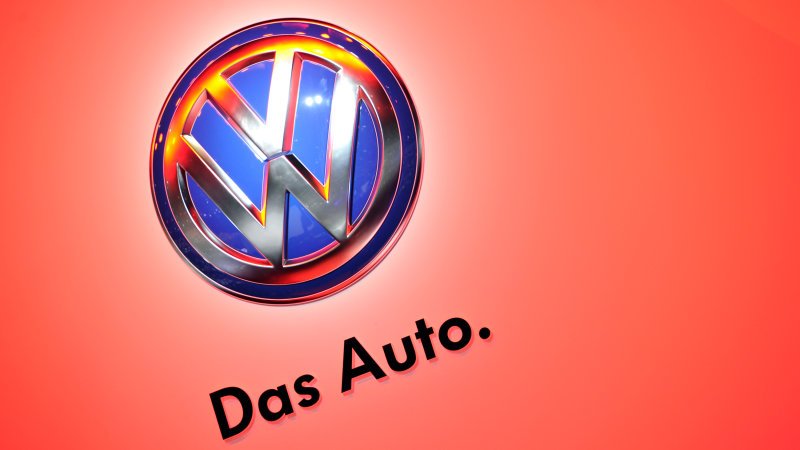VW Scandal May Result in More Power for Car Inspectors

The comments came after the head of the northern branch of Germany's Association for Technical Inspection accused the Berlin government of bowing to pressure from the automotive industry to prevent inspectors from checking software installed in vehicles.
Guido Rettig told Die Welt newspaper in an interview that his organization had insisted for years that checking software should be part of the remit of technical experts, but that its efforts had been unsuccessful.
"The carmakers asserted that engine software is a company secret," Rettig was quoted as saying in the report.
"We unfortunately did not have the legal possibility to look at engine control and installed software. And so, our inspectors had no way of detecting the manipulation in the nitrogen oxide of diesel vehicles," he added.
A spokesman for the Transport Ministry said Rettig had raised a point that was already being reviewed by the government and said a committee was studying whether disclosing engine control software could be part of EU legislation.
The effectiveness of Europe's system to approve vehicles has come under scrutiny after VW Group disclosed in September that about 11 million of its diesel vehicles worldwide contained software designed to circumvent emissions rules.
VW Group also later admitted to understating carbon dioxide emissions and fuel consumption data in Europe.
Critics have focused on the current system of different national bodies holding powers to approve vehicles, with calls for a single European entity.
A report published by the International Council for Clean Transportation (ICCT) on Monday proposed creating a Europewide type-approval body to cut the ties between manufacturers, national type-approval bodies and technical inspectors.
At present, manufacturers in the EU can "cherry pick" which national type-approval authority tests their vehicles, said the study which compared the EU procedure with the U.S. system.
The report called for EU authorities to carry out independent re-tests of vehicle emissions as is currently the case in the U.S.
Tests should occur on in-use vehicles rather than on cars specially prepared by manufacturers for testing purposes, and should take place in "real world" conditions as well as laboratories, the ICCT said.
Last month, the European Commission proposed "real-world" testing would become operational from next year, but would only take full effect after a two-year phase-in for new vehicles starting in 2017.
Related News


